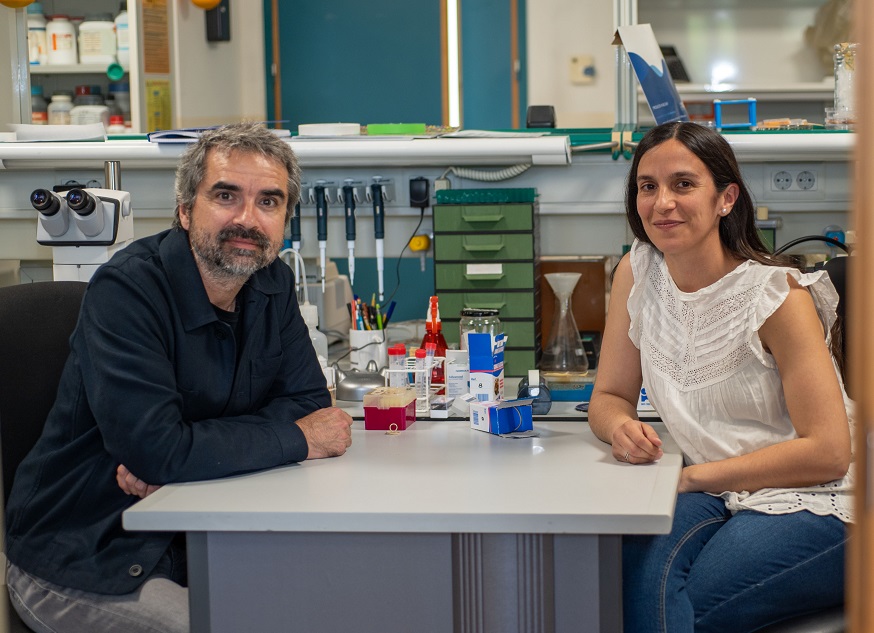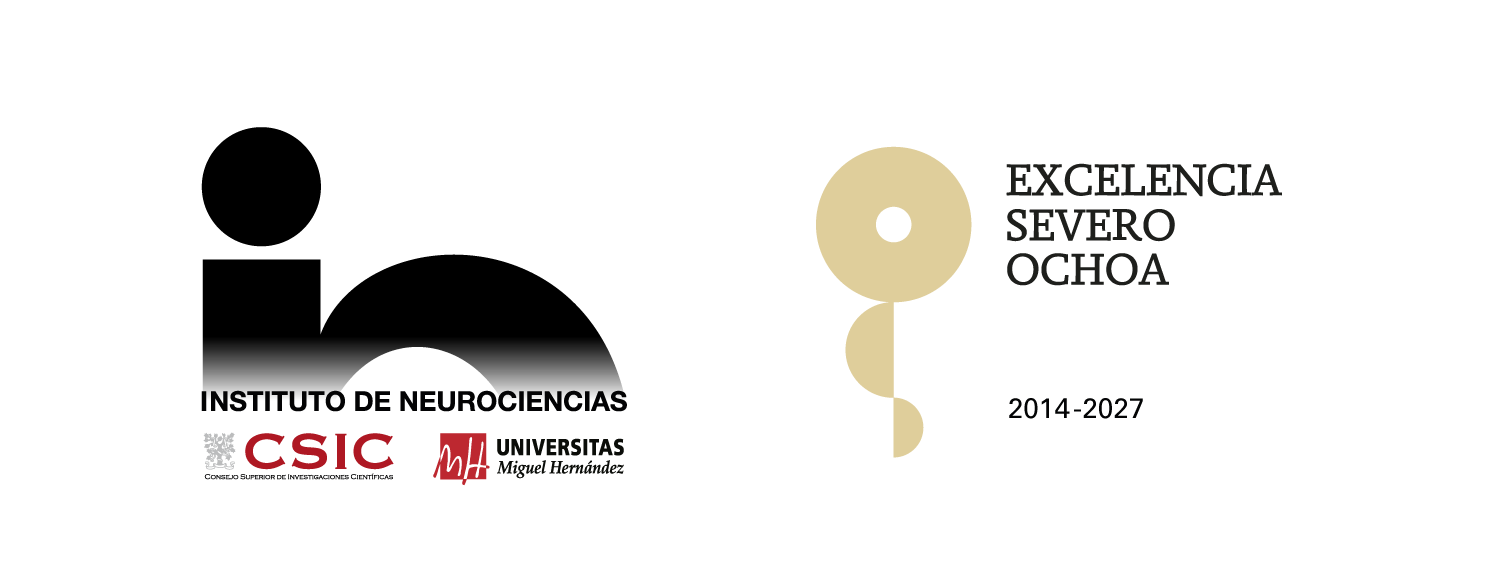Javier Morante takes part in a groundbreaking study on Polycystic Ovary Syndrome Funded by La Marató de 3Cat
9 de May de 2025
- The research team will conduct a study combining animal models and human data to advance the early diagnosis of this complex condition.
- The project also includes a volunteer campaign at two Catalan hospitals to recruit girls and young women with and without polycystic ovary syndrome.
To unravel the biological mechanisms underlying polycystic ovary syndrome (PCOS), researcher Javier Morante—head of the Neuroendocrine control of organ growth and sexual maturation lab at the Institute for Neurosciences (IN), a joint center of the Spanish National Research Council (CSIC) and Miguel Hernández University (UMH) in Elche—will participate in a project selected by La Marató de 3Cat 2023. Morante’s team will collaborate with the lab led by Lourdes Ibáñez at the Sant Joan de Déu Foundation and with the Pediatric Endocrinology Group headed by Abel López-Bermejo at the Dr. Josep Trueta Biomedical Research Institute of Girona (IDIBGI).
PCOS is the most common female reproductive disorder, characterized by reproductive, endocrine, and metabolic abnormalities that affect women of reproductive age. Common symptoms include a lack of ovulation and irregular menstrual cycles. The project, titled ‘New Insights into the Pathogenesis of Polycystic Ovary Syndrome Using a Genetic Model: Identification of Potential Biomarkers for Early Diagnosis in Humans’, has received nearly €400,000 in funding. The research will combine animal models and human data to promote earlier diagnosis of PCOS.
“We aim to understand in detail how this condition originates and progresses, from the earliest internal imbalances to the emergence of clinical symptoms”, explains Morante. One of the project's goals is to identify genetic and metabolic biomarkers that can predict the risk of PCOS in humans. To achieve this, the team will employ advanced genetic techniques using a fruit fly (Drosophila melanogaster) model, which allows independent manipulation of organs such as the brain, ovaries, and adipose tissue. “Our model helps us explore how dysfunctional communication between these organs might lead to the disease,” he adds.
As part of the study, a volunteer campaign has been launched for girls aged 12 to 23, with or without a PCOS diagnosis, who are not currently undergoing pharmacological treatment. Samples are collected at Sant Joan de Déu Hospital (Esplugues) and Dr. Josep Trueta Hospital (Girona). “Once we identify genetic and hormonal profiles in the flies, our clinical collaborators will look for the same patterns in the human samples. That will allow us to determine whether our findings are predictive”, Morante concludes.

Photo: Researchers Javier Morante and Marta Neto in their laboratory at the Institute for Neurosciences CSIC-UMH.
About the La Marató de 3Cat Foundation
La Marató de 3Cat is a charitable initiative driven by the Catalan Audiovisual Media Corporation. Its mission is to raise awareness and funds for medical research on serious illnesses. The campaign is mainly financed through donations from individuals, companies, and cultural organizations, along with a wide range of fundraising events.
Each year, La Marató focuses on a specific group of diseases. The 2023 edition was dedicated to sexual and reproductive health. The scientific rigor and innovative approach of the project involving Morante earned it recognition in a highly competitive call for proposals, which received 108 submissions. An international panel of 94 experts evaluated each project based on quality, methodology, and relevance.
More information: https://drospcos.umh.es/
Source: Institute for Neurosciences CSIC-UMH (in.comunicacion@umh.es)

 Español
Español